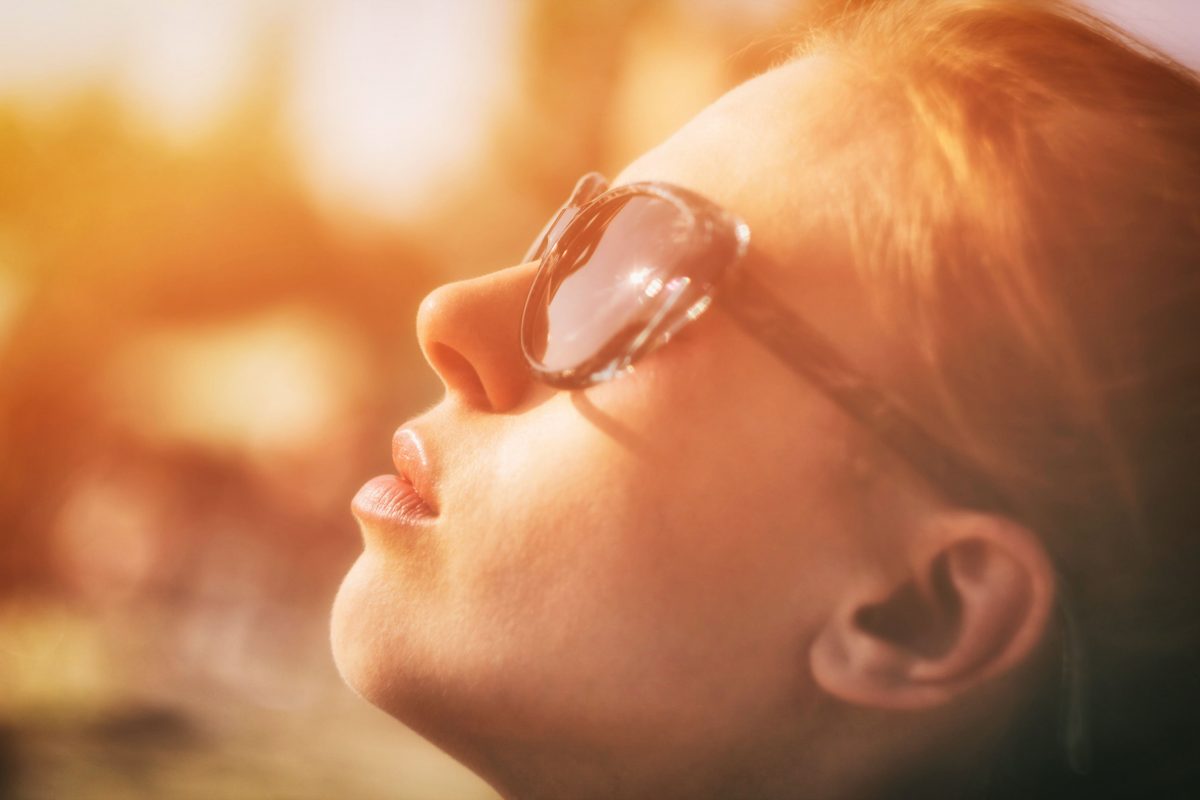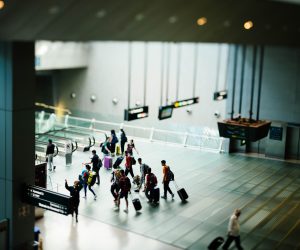
How To Use Light To Reduce Depression and Anxiety — and Sleep Better — During This Pandemic
Rensselaer Polytechnic Institute (RPI) via Newswise – …according to Figueiro, the key to avoiding depression, anxiety, and insomnia is a “light fitness routine.”
Mariana Figueiro, a professor and the director at the Lighting Research Center (LRC) at Rensselaer Polytechnic Institute, is among the world’s leading experts in the area of light and health. According to Figueiro, the key to avoiding depression, anxiety, and insomnia is a “light fitness routine.”
Exposure to a robust 24-hour light–dark cycle promotes circadian entrainment, which has many health benefits such as increased alertness and feelings of vitality during the day, improved mood, and better sleep at night. Healthy, regular sleep patterns are even thought to have a protective effect against coronavirus. Here are a few tips from Figueiro about how to use the power of light to feel better every day.
“If the sky is clear and the sun is shining, go for a walk during the day. Try to go outside in the morning, every day, at the same time, for a period of 30 minutes or so,” Figueiro said.
If you must quarantine indoors, Figueiro suggests increasing the amount of light by a factor of four (x4) during the daytime. Morning light provides the most benefit in terms of avoiding circadian disruption that can lead to depression, anxiety, and insomnia. If you have one table lamp in your home office or kitchen (or wherever you spend the most time during the morning and early afternoon), add three more lamps for a total of four. Don’t forget to turn the extra lights off in the evening, mimicking sunset.
On cloudy days, supplemental electric lighting is even more important for entraining the circadian clock, and to avoid circadian disruption. Light also proves an immediate alerting effect akin to coffee or tea.
In the evening, consider using warm, low-level (dim) lighting. Avoid screen time late in the evening, before bedtime. The intense glow from an electronic screen can significantly delay sleep, which translates to fewer hours of sleep per night.
“A robust pattern of light during the day and darkness at night is important for our health and well-being,” Figueiro advised. “Open the window curtains or shades. Seek light during the day, especially during the morning. Go out for a walk during lunchtime. Dim the lights in the evening, mimicking sunset.”
To read the original article click here.






